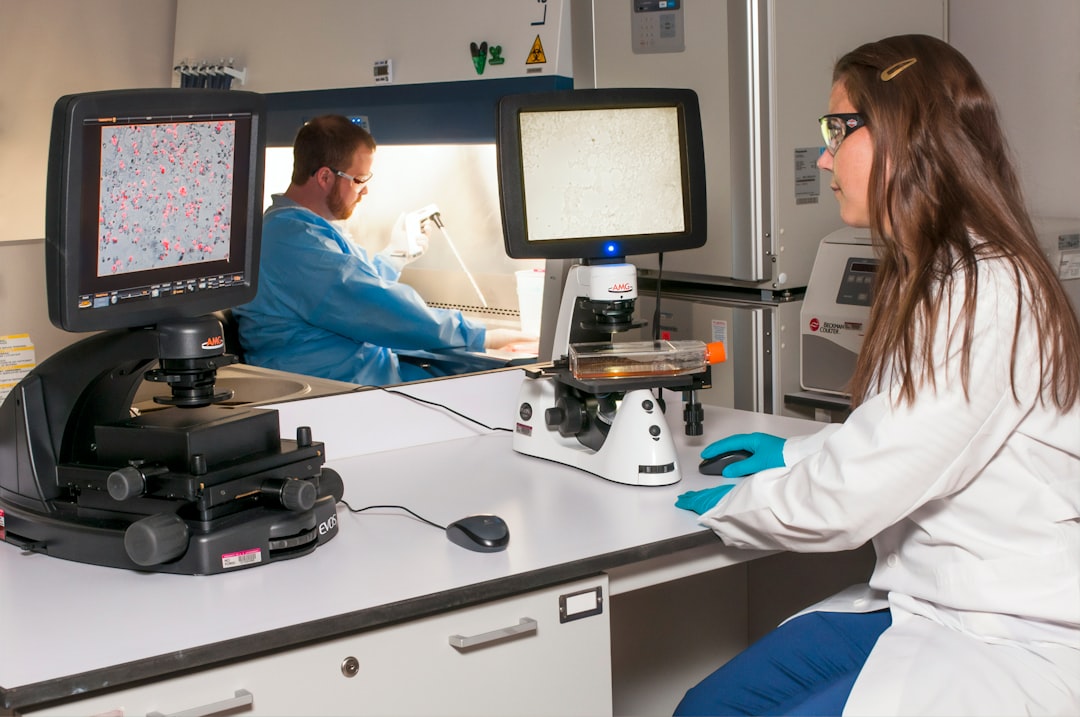5 ways AI can transform the healthcare industry
Introduction
Artificial Intelligence (AI) has emerged as a game-changer in various industries, and healthcare is no exception. With its ability to analyze vast amounts of data and make predictions, AI has the potential to transform the healthcare industry in numerous ways. In this blog post, we will explore five key ways in which AI can revolutionize healthcare.
1. Early Disease Detection
One of the most significant benefits of AI in healthcare is its potential to detect diseases at an early stage. AI algorithms can analyze patient data, including medical records, lab results, and imaging scans, to identify patterns and indicators that may indicate the presence of a disease. This early detection can lead to timely interventions and improved patient outcomes.

2. Personalized Treatment Plans
AI can also help in developing personalized treatment plans for patients. By analyzing patient data, AI algorithms can identify the most effective treatments based on the individual's unique characteristics. This can lead to more targeted and efficient healthcare, minimizing the risk of adverse effects and optimizing patient recovery.
3. Streamlined Administrative Tasks
Administrative tasks can be time-consuming and prone to errors. AI can automate and streamline these tasks, freeing up healthcare professionals to focus on patient care. AI-powered systems can handle appointment scheduling, billing, and coding, reducing paperwork and improving efficiency in healthcare facilities.

4. Improved Medical Imaging
Medical imaging plays a crucial role in diagnosis and treatment planning. AI can enhance the accuracy and efficiency of medical imaging by analyzing images and identifying abnormalities that may be missed by human radiologists. This can lead to faster and more accurate diagnoses, enabling timely interventions and improved patient outcomes.
5. Predictive Analytics for Public Health
AI can also be used to predict and prevent the spread of diseases on a larger scale. By analyzing data from various sources, including social media, weather patterns, and disease surveillance systems, AI algorithms can identify potential outbreaks and enable proactive measures to mitigate their impact. This can help public health authorities in making informed decisions and implementing targeted interventions.

Conclusion
AI has the potential to revolutionize the healthcare industry in numerous ways, from early disease detection to personalized treatment plans and streamlined administrative tasks. By leveraging the power of AI, healthcare professionals can improve patient outcomes, enhance efficiency, and make more informed decisions. As AI continues to advance, we can expect even more transformative applications in healthcare, paving the way for a brighter and healthier future.
